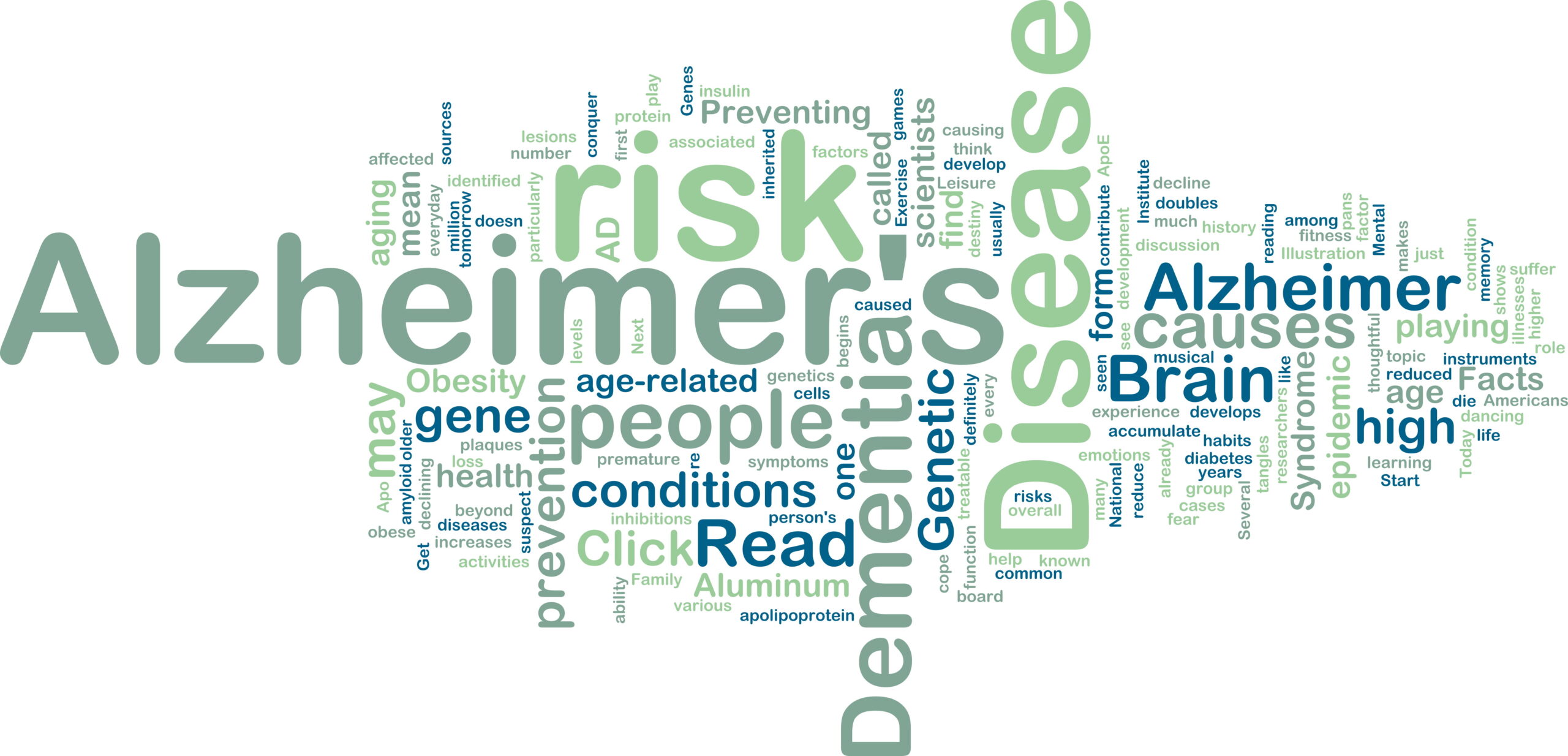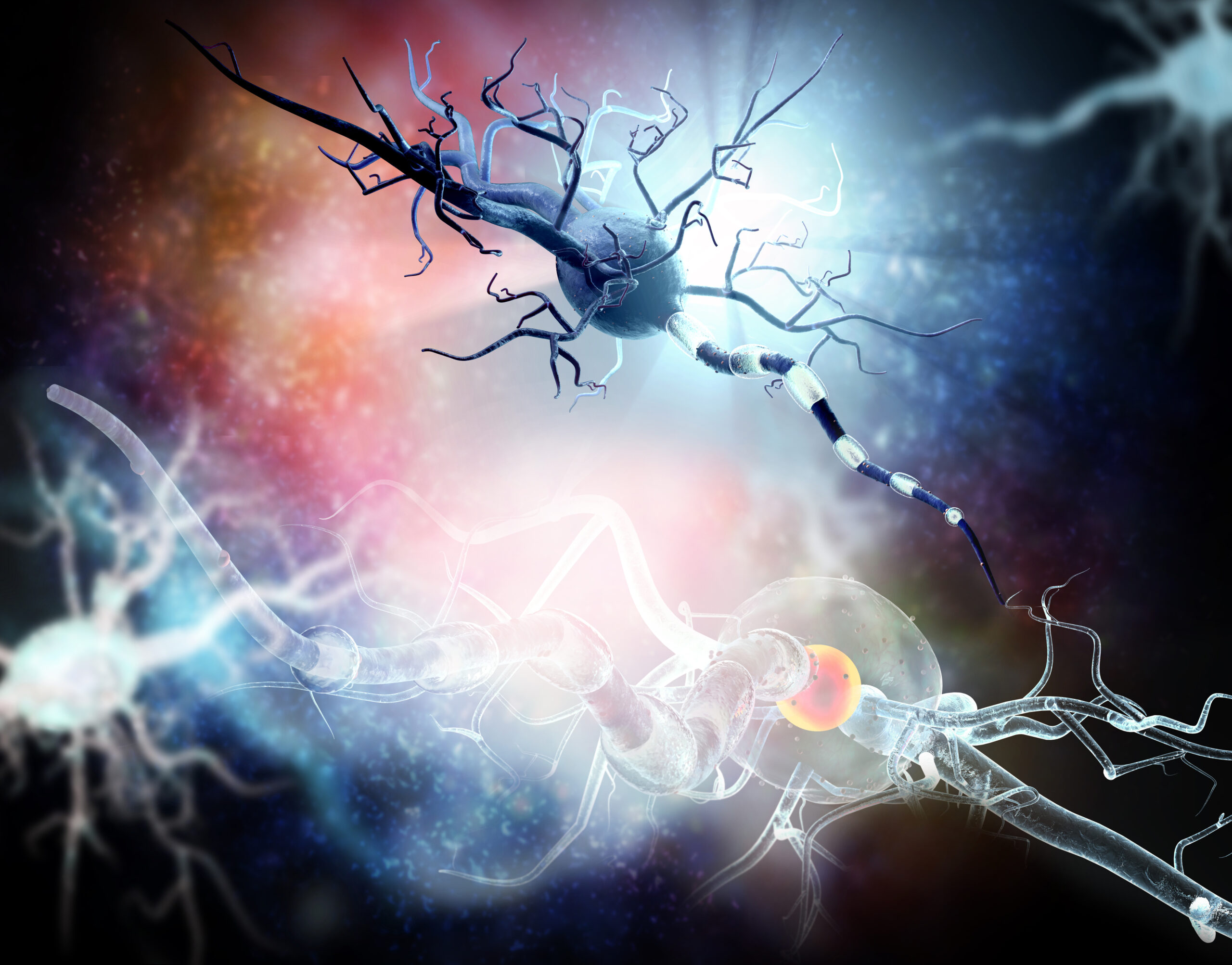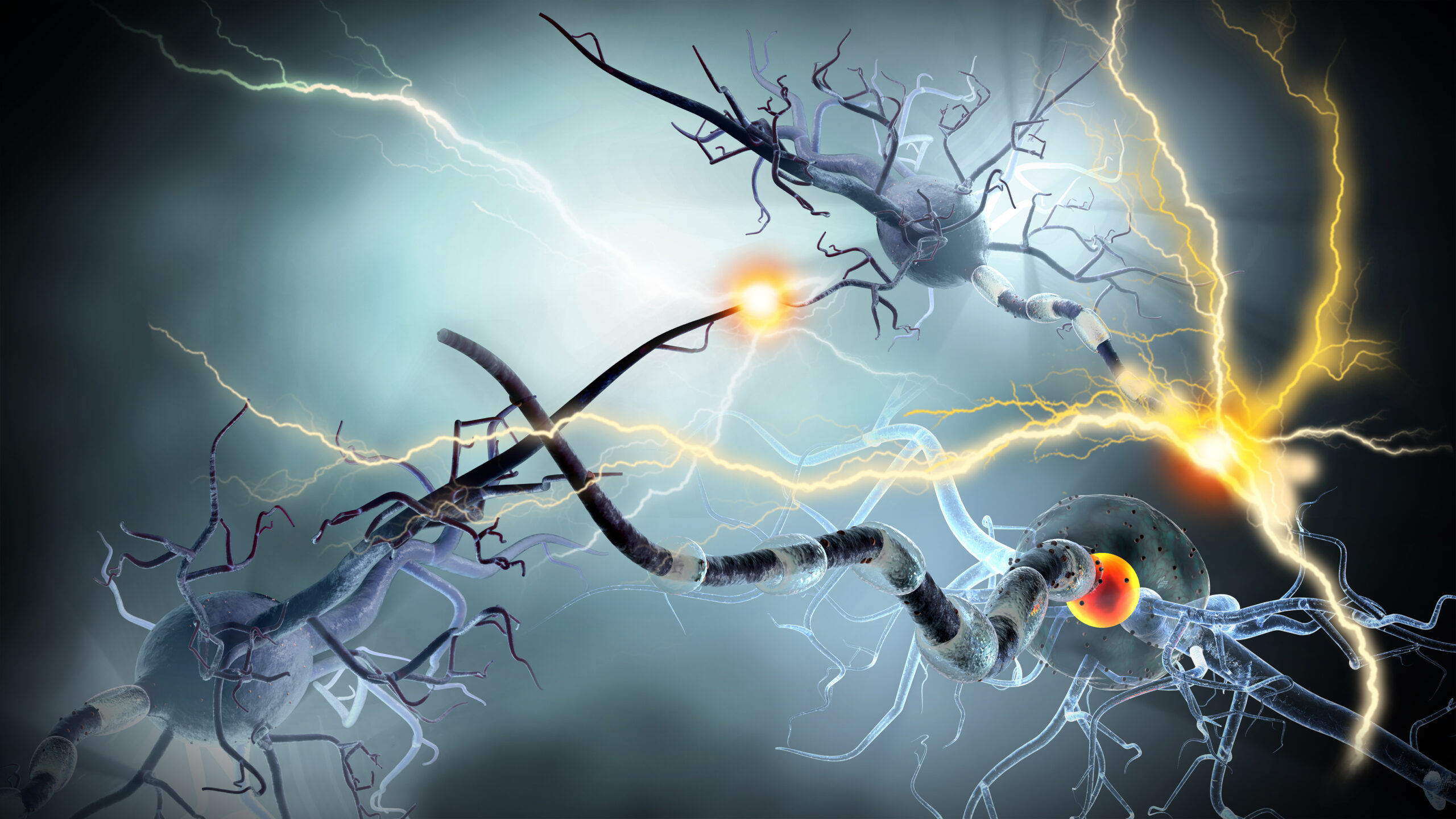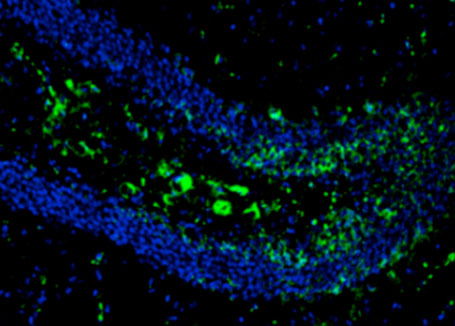Are stressed-out brain cells the root cause of neurodegenerative disease?
Image Caption: An illustration of a brain cell in a person with Alzheimer’s disease, showing the accumulation and clumping of tau proteins (blue squiggles) in the cytoplasm of brain cells. Protein clumps, also known as aggregates, are thought to lead to cell death and dementia. New research suggests that such clumps may not cause brain …










